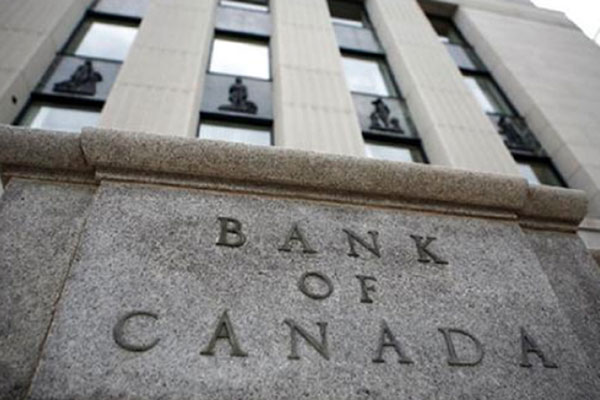My Real Estate Blog - Market Trends, Tips & Updates
Canada's central bank acts to defuse housing market threat
6/15/2017 | Posted in Mortgage News by Paul DeAdder | Back to Main Blog Page

Canada's central bank, which had long said interest rates are too blunt a tool to tackle the country's housing market, may have finally decided to act and at least limit its role in fueling a potential bubble with low interest rates.
The bank, under pressure to act as home prices soared in Toronto and Vancouver, switched to a hawkish stance this week, just a few months after saying that additional rate cuts were on the table.
"Clearly the housing market is a factor there and they want to make sure that it doesn't get out of hand," said Benjamin Tal, senior economist at CIBC Capital Markets.
Canada's 5-year government bond yield has jumped as much as 20 basis points, which could trigger higher mortgage borrowing costs, since Senior Deputy Governor Carolyn Wilkins spoke on Monday. The Canadian dollar is on track to post its biggest gain this week since early April.
Wilkins' speech was followed by a radio interview with Governor Stephen Poloz on Tuesday, in which he reinforced the message that higher rates are coming due to strengthening of the domestic economy.
A spokeswoman for the central bank said it did not have anything to add to this week's comments by Wilkins and Poloz.
But the housing market has become a bigger priority for the central bank as house prices in the Greater Toronto Area, Canada's biggest market, accelerated by more than 30 percent in April.
Last week, in its semi-annual Financial System Review, the central bank pointed to the housing markets in Toronto and Vancouver and said there is an "increased likelihood of a price correction that could lead to financial stress."
Also, an earlier start to hiking could allow the central bank to proceed at a more gradual pace.
"The number one risk about housing is not the magnitude but the speed of hiking. If you go slowly ... you allow the market to adjust," Tal said.
The Bank of Canada has kept its policy rate at or below one percent since 2009 in an effort to stimulate an economy that had struggled to gain traction since the global financial crisis.
But house prices have more than doubled over the period in Toronto and Vancouver, and there has been a rise in a closely watched measure of a country's vulnerability to debt, the household debt-to-income ratio.
Data on Wednesday showed that the ratio, while edging down to 166.9 percent in the first quarter, held near a record high.
"I've long since believed that policy has been too loose for too long" said Doug Porter, chief economist at BMO Capital Markets. "Even with inflation somewhat below target, the reality is that there are other risks (such as overborrowing) that can pop."
The central bank has preferred to rely on macroprudential measures to cool the housing market, such as tighter mortgage rules introduced last year.
Ontario's red-hot market has showed signs of slowing after the province recently introduced a non-resident speculation tax. But the slowdown may be short-lived if not accompanied by higher rates.
Higher bond yields, if sustained, will drive Canadian mortgage rates higher, said James Laird, president of CanWise Financial, which is a mortgage brokerage owned and operated by RateHub Inc, a financial product comparison website.
Data from RateHub shows that Canada's discounted 5-year mortgage rate sits at a near historic low of 2.24 percent. A rise in borrowing costs will reduce the size of mortgages that borrowers will qualify for.
"The Bank of Canada is trying to influence expectations to reduce excessive risk taking," said Carlos Capistran, head of Canada and Mexico economics at Bank of America Merrill Lynch.
Source: Reuters

